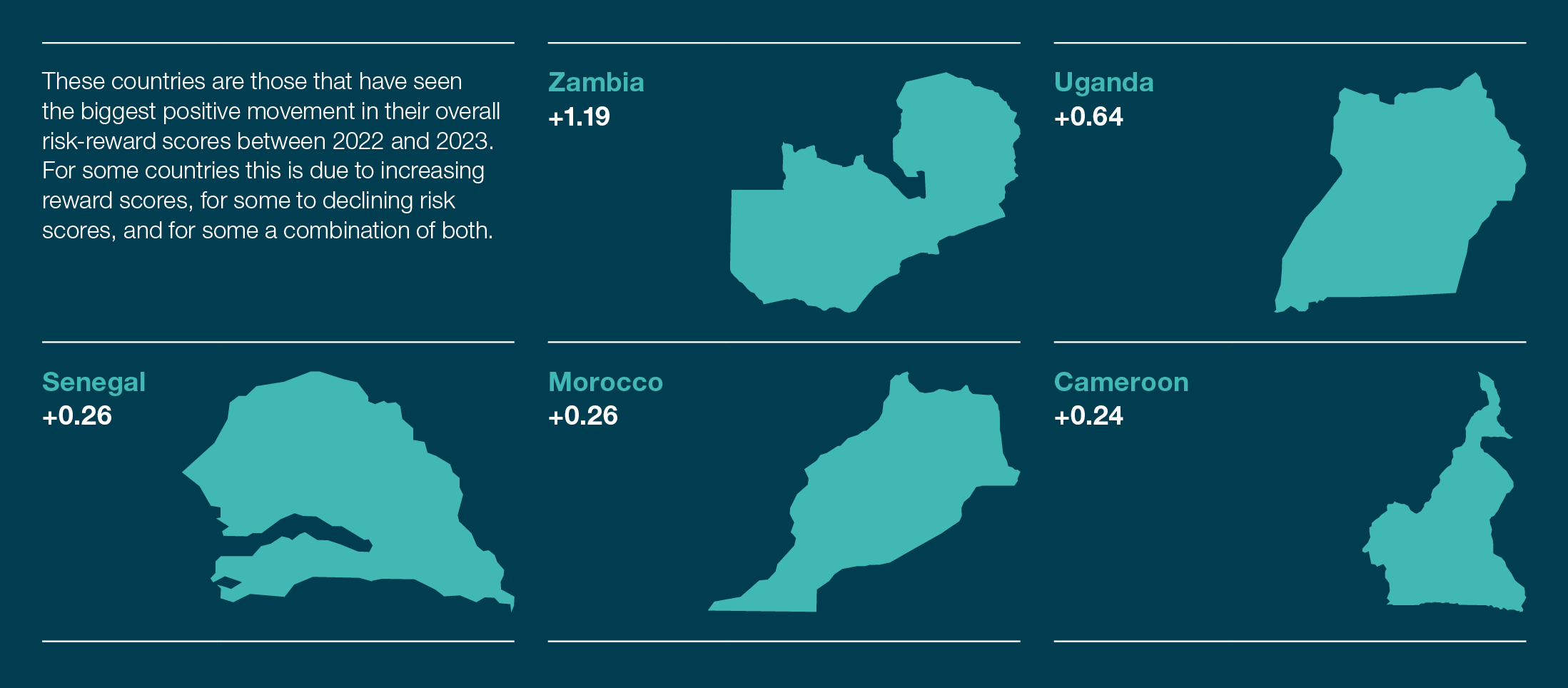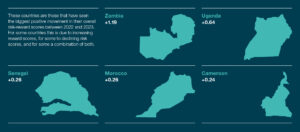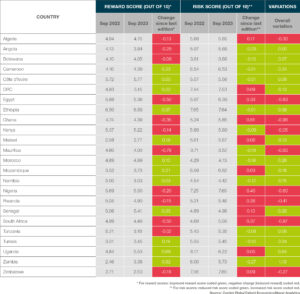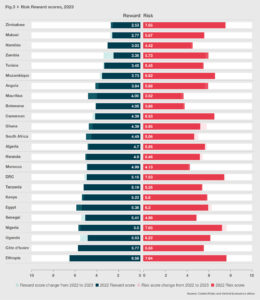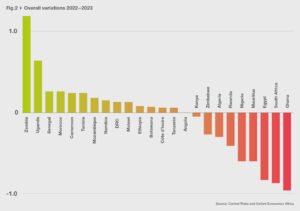The Kenya Association of Manufacturers (KAM) has today launched the 6th edition of the Changamka Shopping Festival set to take place in Nairobi at the Kenyatta International Conference Centre (KICC), with a focus on amplifying local manufacturing within the country.
The festival, set to run from 31st October to 4th November 2023, will bring together local manufacturers to showcase high-quality Made in Kenya products, in line with the Buy Kenya Build Kenya Strategy. The strategy was formulated to address the gap in the consumption of locally manufactured goods compared to imported products.
The launch was presided over by Nairobi
“Changamka Festival is a great initiative to improve manufacturing in Kenya. As stakeholders, we know the challenges facing the manufacturing sector, including accessing local markets. The County Government of Nairobi will work with the National Government to ensure that local manufacturers within and outside the county get the support they need. Initiatives such as these by the Kenya Association of Manufacturers are worth every support if we want to double the contribution of local manufacturing to Kenya’s GDP,” added Governor Sakaja.
Speaking during the launch, the KAM Chief Executive, Mr. Anthony Mwangi, said the Changamka Festival is a driving force in helping local manufacturers access local markets in showcase their abilities and capabilities. He says the drive is pegged on addressing the gap in the consumption of locally manufactured goods compared to imported products.
“Local manufacturing is the backbone of Kenya’s economy. It currently contributes about 7.8 percent to Kenya’s gross domestic product (GDP). There is no doubt that the manufacturing sector in Kenya employs the highest number of wage earners, with 352,000 people. The value of manufacturing in Kenya should never be underestimated and we should all work together to address the challenges facing the sector,” said Mr. Mwangi.
Also at the launch event, KenInvest Managing Director, Ms June Chepkemei, representing Principal Secretary, State Department of Investments, Ministry of Investments, Trade, and Industry, reiterated the role the government is playing in making sure that investors get the support to set up projects and grow the economy.
“As a government, we appreciate the need to support investments in Kenya. The government has already kicked off the setting up of industrial parks that will help add value to the products that we produce, especially agricultural products. We have also established Speci
Changamka Festival offers manufacturers an opportunity to showcase the quality and diversity of locally manufactured goods made for local, regional, and international markets, besides being able to meet their customers and sell their goods. It also gives an opportunity to Kenyan customers an opportunity to purchase various products right from the manufacturers at a discounted price.
KAM has been at the forefront of pushing for the consumption of locally manufactured goods and breaking the long-standing myth that local products are more expensive as compared to those that are imported. Through initiatives such as the Changamka Festival, KAM hopes to boost production among manufacturers and spur Kenya’s economic growth.
The festival has been sponsored by the Kenya Breweries Limited (KBL), KCB Group, NCBA Bank, GIZ – support on behalf of the Republic of Finland and the Federal Republic of Germany, Price Kata/Integral Media, Eco Bank, Nairobi City County, Smart Expo and Amonex Enterprises Limited.
 Kenya’s number one retail chain, Naivas Supermarket today opened the doors of its newest outlet in Tudor, Sabasaba, Mombasa City. The new store will be the supermarket chain’s 11th branch in the coastal region and 99th branch countrywide officially marking the close of the #RoadTo100.
Kenya’s number one retail chain, Naivas Supermarket today opened the doors of its newest outlet in Tudor, Sabasaba, Mombasa City. The new store will be the supermarket chain’s 11th branch in the coastal region and 99th branch countrywide officially marking the close of the #RoadTo100.










 By Maurice Momanyi.
By Maurice Momanyi.
